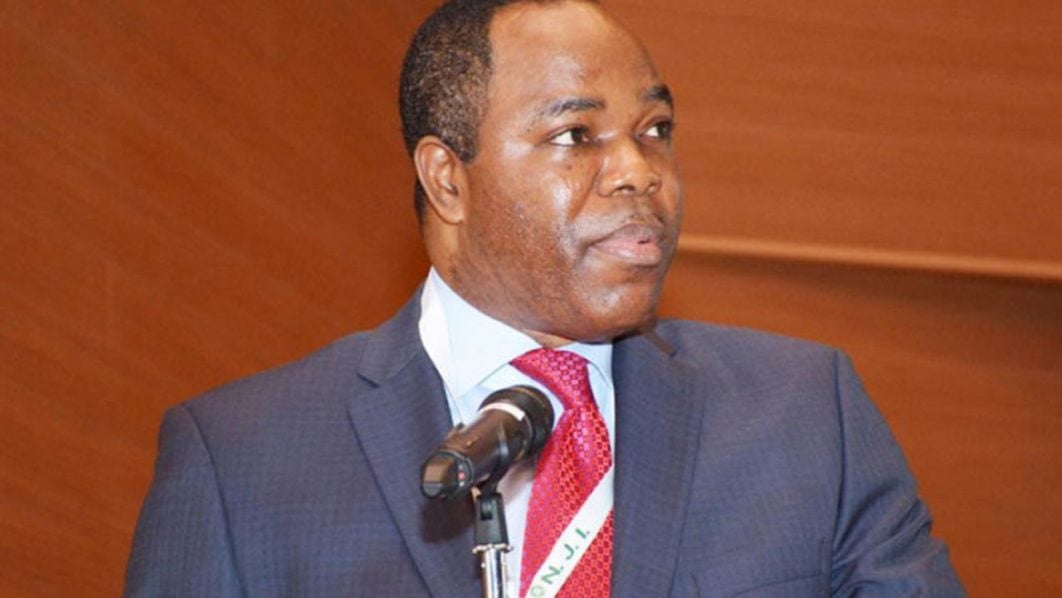Olabode Rhodes-Vivour, former justice of the supreme court, says some precedents of the apex court are outdated, and as such, must be laid to rest.
Speaking at a valedictory court session held in his honour at the supreme court complex, Abuja, Rhodes-Vivour said some of the precedents should no longer be followed.
“The supreme court has held on several occasions that it is absolutely bound by the doctrine of precedent or stare decisis,” he said on Monday.
“That in effect means: stand by your decisions and the decisions of your predecessors, however wrong they are and whatever injustice they inflict.
Advertisement
“There are some precedents that are clearly out of date, and should no longer be followed. I am of the view that precedents that no longer make sense anymore or are outdated should be laid to rest and never followed.”
Addressing the issue of corruption in the nation, the jurist said: “Corruption exists in all the countries of the earth. Nigeria is no exception.
“What should be done is to reduce it drastically thereby making our dear country an exception by building credible and transparent systems.”
Advertisement
He also faulted the conduct of elections in the country, lamenting that they are protracted because the stakes are too high.
He noted that the courts are saddled with the burden of resolving most elections “because most politicians are never satisfied with the results announced by the regulatory body charged with the conduct of elections”.
Rhodes-Vivour renewed his appeal that the country’s electoral act should be “amended to shift the burden of proof to the Independent National Electoral Commission (INEC) to prove that it conducted a fair and reasonable election”.
On the issue of national security, he said: “No one should be denied his rights on the whims and fancy of anyone in authority.
Advertisement
“National security must be visibly threatened before anyone is denied his rights.”
Rhodes-Vivour stepped down from the apex court on Monday, having attained the mandatory retirement age of 70.
Before his retirement, he was the next ranking justice after the chief justice of Nigeria.
During his service at the supreme court, the jurist wrote several erudite judgments including that which abolished female disinheritance in Nigeria.
Advertisement
Add a comment






